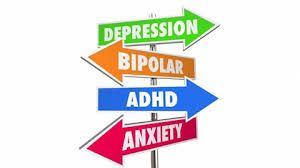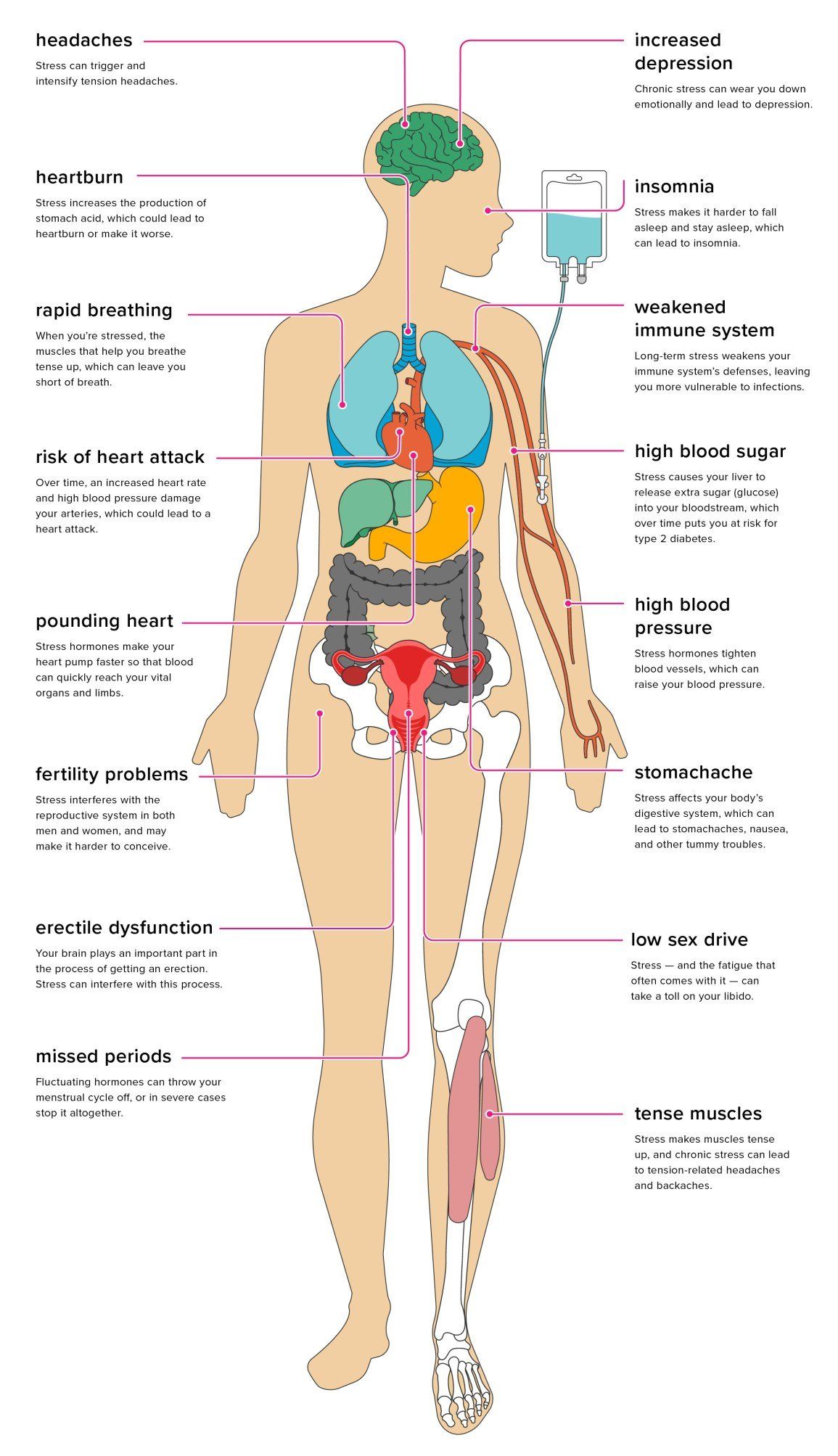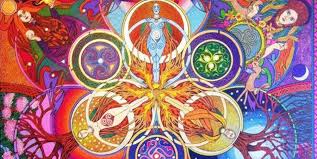AYU-OK Forum
Depression and Chronic Fatigue - The unfortunate connection ...

- deep-breathing exercises
- massage
- stretching
- tai chi (a slow-moving type of martial arts)
- yoga
- go to bed at the same time every night
- create an environment that promotes sleep (such as a dark, silent, or cool room)
- avoid taking long naps (limit them to 20 minutes)
- avoid foods and drinks that can prevent you from sleeping well (such as caffeine, alcohol, and tobacco)
- avoid exercising at least 4 hours before bedtime
The Effects of Depression in Your Body
Depression is one of the most common mental health illnesses in the United States, affecting about 26% of adults. Depression is technically a mental disorder, but it also affects your physical health and well-being. Learn more about some of the most common symptoms of depression, as well as how depression can affect your entire body, especially if left untreated.
Feeling sad or anxious at times is a normal part of life, but if these feelings last more than two weeks they could be symptoms of depression. It’s estimated that each year 17 million adults will experience depression. However, clinical depression, especially left untreated, can interrupt your day-to-day life and cause a ripple effect of additional symptoms.
Depression affects how you feel and can also cause changes in your body. Major depression (a more advanced form of depression) is considered a serious medical condition that may have a dramatic effect on your quality of life.
Sadness and grief are normal human emotions. We all have those feelings from time to time but they usually go away within a few days. Major depression, or major depressive disorder, however, is something more. It’s a diagnosable condition that’s classified as a mood disorder and can bring about long-lasting symptoms such as overwhelming sadness, low energy, loss of appetite, and a lack of interest in things that used to bring pleasure.
Left untreated, depression can lead to serious health complications, including putting your life at risk. Fortunately, there are effective treatments for depression through options like therapy, medication, diet, and exercise.
Central nervous system
Depression can cause a lot of symptoms within the central nervous system, many of which are easy to dismiss or ignore.
Older adults may also have difficulty identifying cognitive changes because it’s easy to dismiss the signs of depression as related to “getting older.” According to the stats older adults with depression have more difficulties with memory loss and reaction time during everyday activities compared with younger adults with depression.
Symptoms of depression include overwhelming sadness, grief, and a sense of guilt. It may be described as a feeling of emptiness or hopelessness. Some people may find it difficult to put these feelings into words. It may also be difficult for them to understand as symptoms can manifest and cause physical reactions. Frequent episodes of crying may be a symptom of depression, although not everyone who is depressed cries.
You may also feel tired all the time or have trouble sleeping at night. Other symptoms include: irritability, anger, and loss of interest in things that used to bring pleasure, including sex. Depression can cause headaches, chronic body aches, and pain that may not respond to medication. It’s also sometimes an effect of certain neurological diseases, such as Alzheimer's disease, epilepsy, and multiple sclerosis.
People with depression may have trouble maintaining a normal work schedule or fulfilling social obligations. This could be due to symptoms such as an inability to concentrate, memory problems, and difficulty making decisions.
Some people who are depressed may turn to alcohol or drugs, which may increase instances of reckless or abusive behavior. Someone with depression may consciously avoid talking about it or try to mask the problem. People experiencing depression may also find themselves preoccupied with thoughts of death or hurting themselves.
Digestive system
While depression is often thought of as a mental illness, it also plays a heavy role in appetite and nutrition. Some people cope by overeating or bingeing. This can lead to weight gain and obesity-related illnesses, such as type 2 diabetes.
You may even lose your appetite entirely, or fail to eat the right amount of nutritious food. A sudden loss of interest in eating in older adults can lead to a condition called geriatric anorexia.
Eating problems can lead to symptoms that include:
- stomachaches
- cramps
- constipation
- malnutrition
These symptoms may not improve with medication if a person doesn’t eat the correct diet. Sweets and foods high in carbohydrates may provide immediate relief, but the effects are often temporary.
It’s important to maintain a healthy diet when experiencing depression. Nutrients are essential to making sure the body’s neurotransmitters are firing right. According to studies the most common vitamin and nutritional deficiencies are.
- omega-3 fatty acids
- B vitamins
- minerals
- amino acids
Cardiovascular and immune systems
Depression and stress are closely related. Stress hormones speed heart rate and make blood vessels tighten, putting your body in a prolonged state of emergency. Over time, this can lead to heart disease.
Recurrence of cardiovascular problems is linked more closely to depression than to other conditions like:
- smoking
- diabetes
- high blood pressure
- high cholesterol
Untreated, depression raises the risk of dying after a heart attack. Heart disease is also a trigger for depression.
Depression and stress may have a negative impact on the immune system, making you more vulnerable to infections and diseases. One review looked at studies and found that there seemed to be a relationship between inflammation and depression, although the exact connection is unclear. Inflammation is linked to many illnesses, such as stress. Some anti-inflammatory agents have shown to benefit some people with depression.
Share
AYU-OK BLOGS











